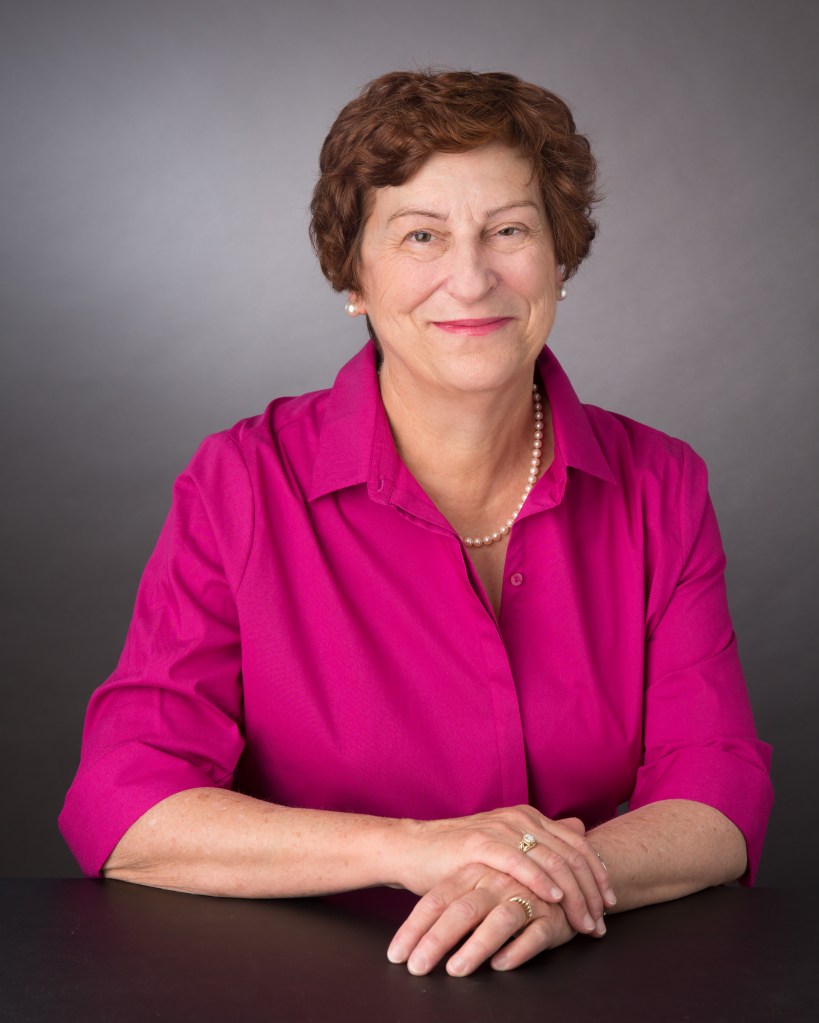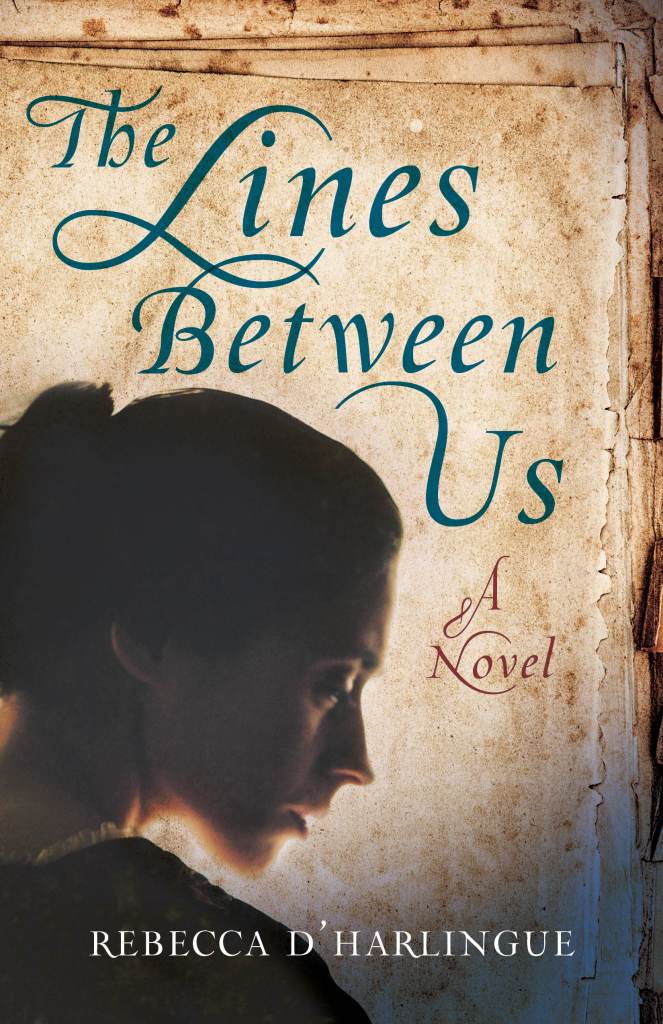NPT: Welcome! Today we have a guest interviewer, Rachel Pearson Strand, from The Lines Between Us, in conversation with co-character Ana Torres López.
Rachel: Ana, I’m so excited to be able to talk to you today! I know so little about you, but yours was one of two names that my mother spoke on her deathbed. When I later found her papers, there was still only the letter you wrote to your niece, Juliana, whose diary I also found.
Ana: Thank you, Rachel. I am also grateful for this opportunity to speak with you, without the encumbrances of temporal or geographic limitations.
Rachel: Yes, I live three centuries after you, and in a place that you would have generally referred to as the New World.
Ana: My dear husband had a particular interest in the New World, and so I am curious about that faraway land.
Rachel: Well, Spain doesn’t seem as far away to us now as it would have been in your time. Despite the difficulties, though, your niece, Juliana, managed to make the journey, and that is how I know anything at all about you or her.
Ana: I understand that you found a diary of hers, isn’t that so? I also discovered a journal that she had kept hidden in her desk in my brother’s home here in Madrid. Until she wrote to me years later, however, I never knew what had become of her after she disappeared at only sixteen years of age.
Rachel: I imagine that the diary that I found took up where yours left off. While I have you here, I wanted to ask you about what my mother said when she was dying. She said, “ I am like Ana. I have failed Juliana.” From what I’ve read in Juliana’s diary, and in the letter that you wrote to her, I’ve had a hard time deciding how my mother felt you were to blame. My best guess is that perhaps she thought you should have kept looking for her when she disappeared.
Ana: It could be that, I admit, and I have at times deeply repented that decision. However, as you know from my letter, once I learned the reason for my niece’s flight, I feared that seeking her further might have caused her to be in greater danger. To this day, I ask God whether I did what was right. There are other things I have accused myself of over the years. Perhaps I should have told her sooner what had become of her mother. I must confess that I did not do so partly because I was afraid that my brother, Juliana’s father, would have cut off all communication with me, and I needed them in my life, especially after my own dear husband passed on to Our Lord.
Rachel: If it’s of any help, I don’t fault you for your decision to abandon your search. You just did what you thought was best at the time.
Ana: Thank you for that. Your understanding means a great deal to me.
Rachel: I know Juliana only through the diary that I found, after the event that drove her to leave Spain. What was she like before that?
Ana: She was a loving, serious young girl. My brother was generous with her, allowing her to study as only boys are usually allowed. He showed her a loving father’s kindness, and she was happy in his household. I think it was that fact which made it all the more tragic when he so dangerously turned against her.
Rachel: She does seem to have felt his betrayal very deeply. Is there anything that you would like to ask me?
Ana: Yes. I have so longed to know whether Juliana had a happy life after she fled Spain. All I know is the little that she told me in her letter decades after I last saw her. Can you tell from the papers you found how my beloved niece fared in the New World?
Rachel: I think she found some contentment, but she had dark moments, too. Maybe she wasn’t so different from most of us.
Ana: Indeed, the Lord gives tribulations to us all.
Rachel: And you, Ana, what happened to you after Juliana left?
Ana: Having lost those whom I held most dear, I found that I even questioned my faith for a time. Finally, I had the strength to continue with my ministering to the poor and sick. If it had not been for that, my life would have been without meaning.
Rachel: I’m so sorry. It sounds like you were really lonely.
Ana: Can I ask you, how did your mother think that she had failed Juliana?
Rachel: I’ve asked myself that so many times. All I can think of is that she wasn’t able to pass on the papers in the way she’d promised to do.
Ana: Still, you found them.
Rachel: Yes, but that was just luck. You know, I’ve thought a lot about family secrets, those kept in my family and those kept in yours. I sometimes wonder whether there is ever a case when they’re more protective than destructive.
Ana: I cannot give you the answer to that. I know that secrets within my family caused great harm, and I am sorry to hear that it seems that continues in your time, too.
Rachel: I’m afraid it does. Well, thank you so much for talking with me, Ana. It has been a pleasure and a privilege.
Ana: I would say the same, my dear. Thank you!
About the book
IN 1661 MADRID, Ana is still grieving the loss of her husband when her niece, sixteen-year-old Juliana, suddenly vanishes. Ana frantically searches the girl’s room and comes across a diary. As she journeys to southern Spain in the hope of finding her, Ana immerses herself in her niece’s private thoughts—but when, after a futile search in Seville, she comes to Juliana’s final entries and discovers the horrifying reason for the girl’s flight, she abandons her search for her.
In 1992 Missouri, in her deceased mother’s home, Rachel finds a packet of letters and a diary written by a woman named Juliana. Rachel’s reserved mother has never mentioned these items, but Rachel recognizes the names Ana and Juliana: her mother uttered them on her deathbed. She soon becomes immersed in Juliana’s diary, which recounts the young woman’s journey to Mexico City and her life in a convent. As she learns the truth about Juliana’s tragic family history, Rachel seeks to understand her connection to the writings—hoping that in finding those answers, she will somehow heal the wounds caused by her mother’s lifelong reticence.
About the author

Rebecca D’Harlingue has done graduate work in Spanish literature, worked as a hospital administrator, and taught English as a Second Language to adults from all over the world. The discovery of family papers prompted her to explore the repercussions of family secrets, and of the ways we attempt to reveal ourselves. She shares her love of story both with preschoolers at a Head Start program, and with the members of the book club she has belonged to for decades. D’Harlingue lives in Oakland, California, with her husband, Arthur, where they are fortunate to frequently spend time with their children and grandchildren.


One thought on “Meet Ana and Rachel from The Lines Between Us by Rebecca D’Harlingue”